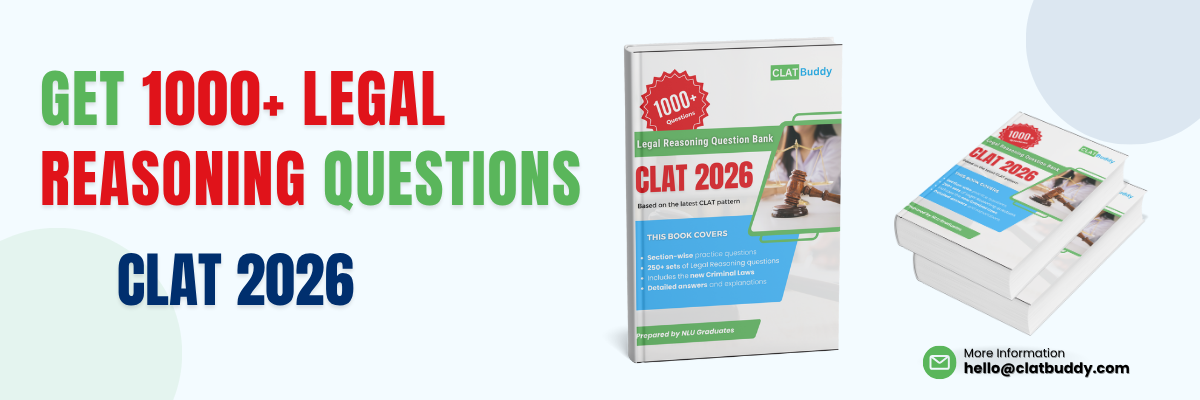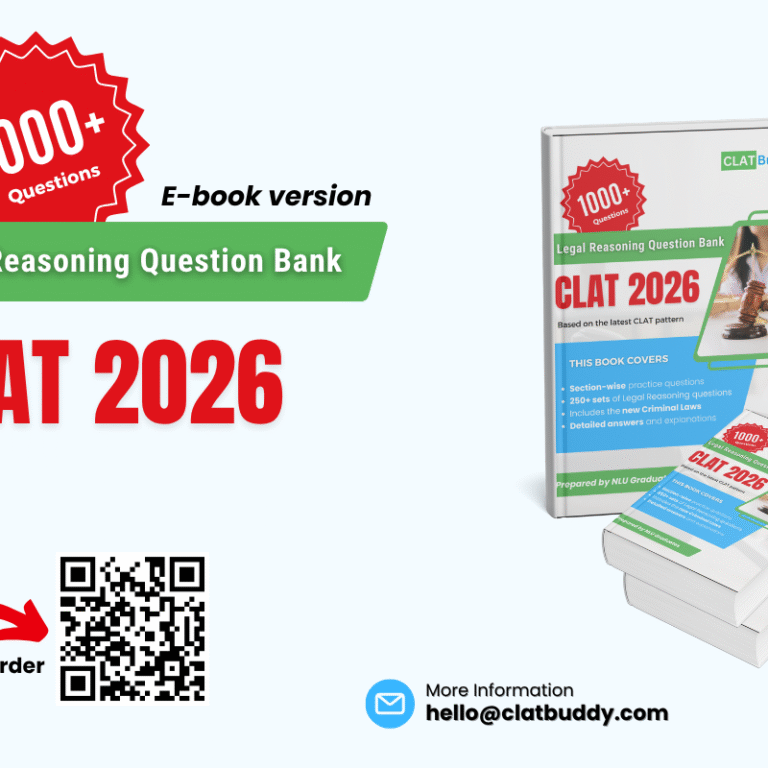Theme: Legal Current Affairs + Criminal Law
The Supreme Court recently quashed a cruelty case registered under Section 498A of the Indian Penal Code (IPC) against the in-laws of a woman, deeming the complaint “rather unique.” The case was unusual because, despite allegations of dowry demands, the woman’s husband was not made an accused, although both the wife and her husband had initiated proceedings against the husband’s parents. The wife filed a criminal complaint while the husband pursued civil litigation.
The Bench, comprising Justices PS Narasimha and Pankaj Mithal, observed that there was no mention of one case in the other, and the chargesheet merely reiterated the woman’s allegations without any substantial investigation. The Court emphasised that criminal proceedings can be quashed even after a chargesheet has been filed, especially when none of the elements of the alleged offences, including Sections 498A, 323, 504, 506 read with Section 34 IPC, were substantiated. The Court remarked that allowing the proceedings to continue would constitute an abuse of the legal process and a “travesty of justice.”
This ruling overturned a 2013 criminal complaint and the associated Bombay High Court order that had upheld the proceedings. The Supreme Court had previously stayed the proceedings in May 2018 after issuing a notice in the case.
The appellants’ counsel argued that the allegations were vague and lacked clarity, which the Court found to be true. The Supreme Court noted that there was no new information uncovered during the investigation, as the chargesheet merely reproduced the content of the initial complaint. Given these observations, the Court decided to quash the proceedings, concluding that the case was another example of the misuse of the legal process.
Question 1:
A woman files a criminal complaint under Section 498A IPC against her in-laws but does not include her husband, even though her accusations pertain to dowry demands. The police file a chargesheet without any independent investigation and simply repeat the allegations from the complaint. Can the in-laws move the court to quash the proceedings?
a) Yes, because the absence of specific evidence and no investigation can amount to abuse of process.
b) No, because once the chargesheet is filed, the court cannot quash the proceedings.
c) Yes, only if the woman withdraws her complaint.
d) No, as long as the allegations pertain to dowry demands, the proceedings cannot be quashed.
Question 2:
In a case, both the husband and wife file separate proceedings against the husband’s parents — the husband files a civil suit, and the wife files a criminal case under Section 498A IPC. However, neither proceeding mentions the existence of the other. What is the legal significance of this?
a) It shows that the criminal complaint may be an abuse of process since the husband and wife are pursuing different remedies for the same issue without coordination.
b) It means that both proceedings should proceed independently without interference.
c) It strengthens the wife’s criminal complaint under Section 498A.
d) It indicates that the criminal proceedings should be quashed immediately.
Question 3:
The police file a chargesheet in a Section 498A case, but the court observes that the chargesheet merely repeats the woman’s original complaint without any further investigation or new evidence. What is the most likely judicial outcome based on this situation?
a) The court will reject the chargesheet and allow the case to proceed to trial.
b) The court will dismiss the complaint entirely, without giving any further directions.
c) The court will order further investigation by the police to gather more evidence.
d) The court will quash the chargesheet, as it is an abuse of the legal process with no independent investigation.
Question 4:
A husband and wife pursue separate legal actions against the husband’s parents— the husband files a civil suit, while the wife files a criminal case under Section 498A. The High Court allows the criminal proceedings to continue, but the Supreme Court intervenes and quashes the proceedings. What is the most likely reason for this decision?
a) The husband’s parents proved their innocence.
b) The Supreme Court does not have the authority to quash criminal proceedings after a chargesheet is filed.
c) The criminal complaint was deemed an abuse of process since it lacked proper evidence and investigation.
d) The wife withdrew her complaint before the Supreme Court decision.
Question 5:
A woman files a criminal complaint against her in-laws under Section 498A IPC, but the police fail to conduct an independent investigation and instead submit a chargesheet that copies the contents of the complaint. The Supreme Court, in reviewing the case, finds that none of the elements of Section 498A or related offenses (Section 323, 504, 506 IPC) are made out. What is the most likely outcome?
a) The Supreme Court will uphold the chargesheet and allow the trial to proceed.
b) The Supreme Court will quash the chargesheet and criminal proceedings, citing an abuse of the judicial process.
c) The Supreme Court will order the woman to provide more specific evidence to proceed with the case.
d) The Supreme Court will transfer the case to another jurisdiction for a fresh investigation.
Answers:
- a) Yes, because the absence of specific evidence and no investigation can amount to abuse of process.
- a) It shows that the criminal complaint may be an abuse of process since the husband and wife are pursuing different remedies for the same issue without coordination.
- d) The court will quash the chargesheet, as it is an abuse of the legal process with no independent investigation.
- c) The criminal complaint was deemed an abuse of process since it lacked proper evidence and investigation.
- b) The Supreme Court will quash the chargesheet and criminal proceedings, citing an abuse of the judicial process.
Calling all law aspirants!
Are you exhausted from constantly searching for study materials and question banks? Worry not!
With over 15,000 students already engaged, you definitely don't want to be left out.
Become a member of the most vibrant law aspirants community out there!
It’s FREE! Hurry!
Join our WhatsApp Groups (Click Here) and Telegram Channel (Click Here) today, and receive instant notifications.





